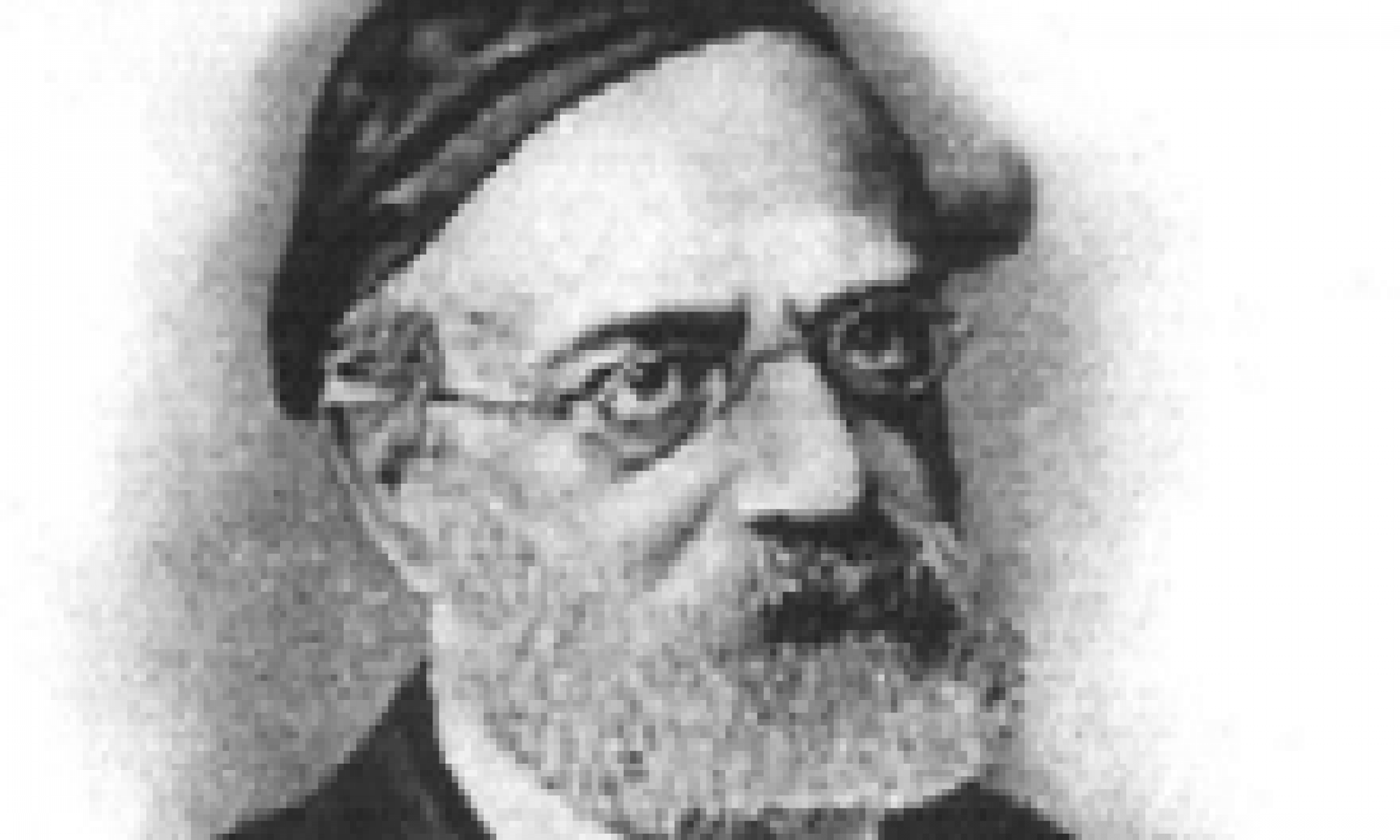The model for all of Man’s struggle with sin lies in the argument the snake presented:
“The fruit of the tree could not possibly be forbidden to you by God even if He told you so. The tree is beautiful and its fruit looks delicious. Your inner self is telling you to have it. Surely that is the voice of God within you telling you that you should have it.”
This argument was presented by the wisest of the animals. For an animal, this argument is absolutely true. Even the wisest of animals has no free will. When an animal acts upon its sensual instincts it is indeed carrying out the will of God.
But Man was designed to have two opposing sides in order to have free will. Often, Man must deny his sensual urges for a higher duty. The voice of God speaks to Man but not in him.
Animal wisdom, and in modern times philosophers, exaggerate what is prohibited and tell us that too much is being asked of us. They say we shouldn’t deny ourselves what is so instinctual.
In truth, God does not deny Man sensual pleasure in this world. Most pleasures of this world are permitted, but those pleasures are to be enjoyed out of a sense of duty, not instinct.
Beraishis 3:1, Pages 72-74

